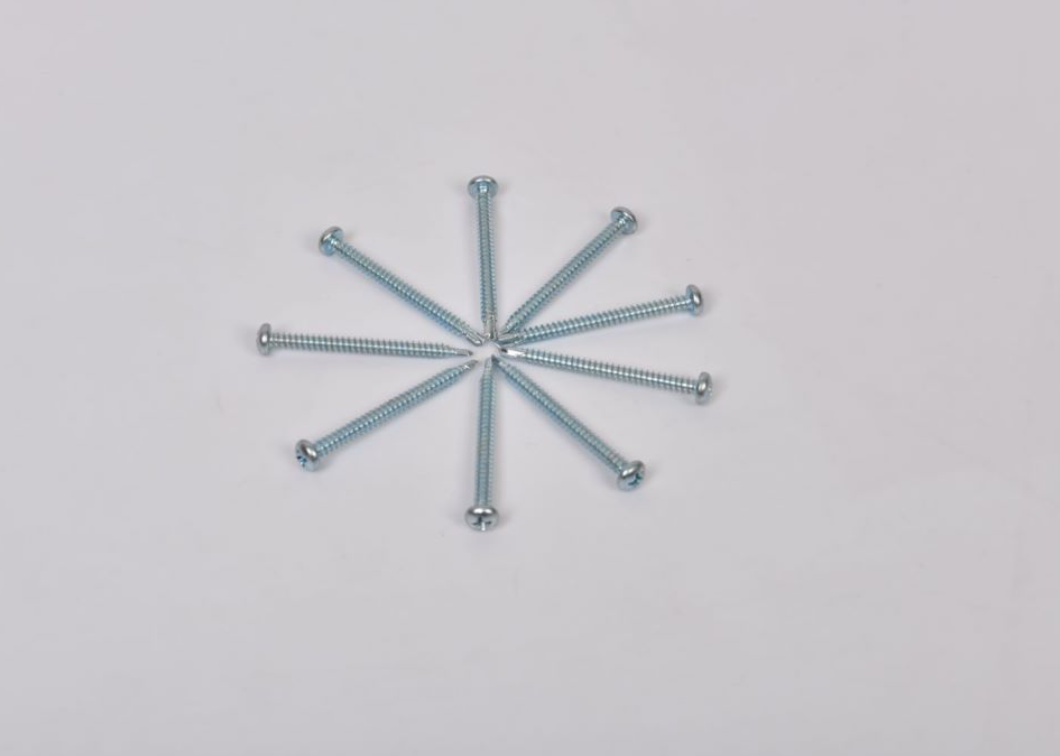Single Wave Spring Washer Production by Leading Manufacturers Worldwide
Understanding Single Wave Spring Washers A Manufacturer’s Insight
In the dynamic world of manufacturing, spring washers play a crucial role in ensuring the integrity and reliability of assembled components. Among the various types available, single wave spring washers have gained popularity for their unique characteristics and advantages. This article delves into the features, applications, and manufacturing processes of single wave spring washers, offering valuable insights for industry professionals and enthusiasts alike.
What is a Single Wave Spring Washer?
A single wave spring washer, often referred to as a wave washer, is a type of disc spring that offers excellent bolt preload retention and helps to maintain effective clamping force in bolted connections. Its distinctive wave shape allows it to compress and relax under load, effectively compensating for any settling or relaxation of the joint. This characteristic makes it an ideal choice for applications where vibration or dynamic loads are present.
Advantages of Single Wave Spring Washers
1. Load Distribution The wave design allows for a more distributed load across the washer, which helps reduce localized stress on the components it interfaces with. This feature leads to longer life and better performance of both the washer and the connected parts.
2. Vibration Resistance One of the key benefits of single wave spring washers is their ability to absorb and dampen vibrations. This prevents loosening of fasteners, which is particularly important in applications like automotive and aerospace, where safety and reliability are paramount.
3. Space Efficiency Due to their compact design, single wave spring washers take up less space than traditional spring washers while still providing similar or superior performance. This allows for more compact designs in assemblies without compromising on functionality.
4. Simple Installation These washers can be installed easily without special tools, making them user-friendly and efficient to work with during assembly and maintenance.
Applications of Single Wave Spring Washers
Single wave spring washers find applications across a wide range of industries due to their versatility. Some common applications include
- Automotive In vehicles, these washers are commonly used in wheel assemblies, engine mounts, and suspension systems where they help maintain the integrity of critical connections under varying loads and conditions.
- Aerospace The aerospace industry demands components that can withstand extreme conditions. Single wave spring washers are utilized in aircraft structures and engine assemblies to ensure that components remain securely fastened during flight.
single wave spring washer manufacturer

- Construction Machinery Heavy equipment often experiences significant vibrations and shocks. These washers are ideal for securing bolts in machinery such as excavators and cranes, providing reliability even in the harshest environments.
- Electronics In electronic devices, wave washers are often used in connectors and various components to ensure stable connections while accommodating thermal expansion.
Manufacturing Process of Single Wave Spring Washers
The production of single wave spring washers involves several key steps to ensure high quality and consistency. A typical manufacturing process includes
1. Material Selection High-quality materials such as stainless steel, carbon steel, or specialty alloys are chosen based on the application’s requirements. Factors like corrosion resistance, strength, and flexibility are considered.
2. Blanking Raw material sheets are cut into circular blanks using precision die cutting methods. This ensures uniformity in size and shape, which is crucial for performance.
3. Forming The circular blanks are subjected to a forming process, which creates the characteristic wave shape. This can be achieved through methods such as stamping or progressive die forming.
4. Heat Treatment Many manufacturers apply heat treatments to enhance the mechanical properties of the washers, ensuring the final product can withstand the intended stresses and strains.
5. Surface Treatment To improve resistance to corrosion and wear, surface treatments like plating or coating are often applied. This not only extends the lifespan of the washer but also enhances its performance in various environments.
6. Quality Control Finally, rigorous quality control measures are implemented. This includes dimensional inspections, tensile tests, and fatigue testing to ensure that each batch of washers meets the highest standards.
Conclusion
Single wave spring washers are integral components in various industrial applications, providing essential features such as load distribution, vibration resistance, and space efficiency. As a manufacturer of these vital components, understanding their advantages, applications, and the meticulous processes that go into producing them is key to delivering quality products. By investing in high-quality single wave spring washers, businesses can ensure the reliability and durability of their assemblies, ultimately contributing to greater operational efficiency and safety in their respective industries.
-
Top Choices for Plasterboard FixingNewsDec.26,2024
-
The Versatility of Specialty WashersNewsDec.26,2024
-
Secure Your ProjectsNewsDec.26,2024
-
Essential Screws for Chipboard Flooring ProjectsNewsDec.26,2024
-
Choosing the Right Drywall ScrewsNewsDec.26,2024
-
Black Phosphate Screws for Superior PerformanceNewsDec.26,2024
-
The Versatile Choice of Nylon Flat Washers for Your NeedsNewsDec.18,2024










